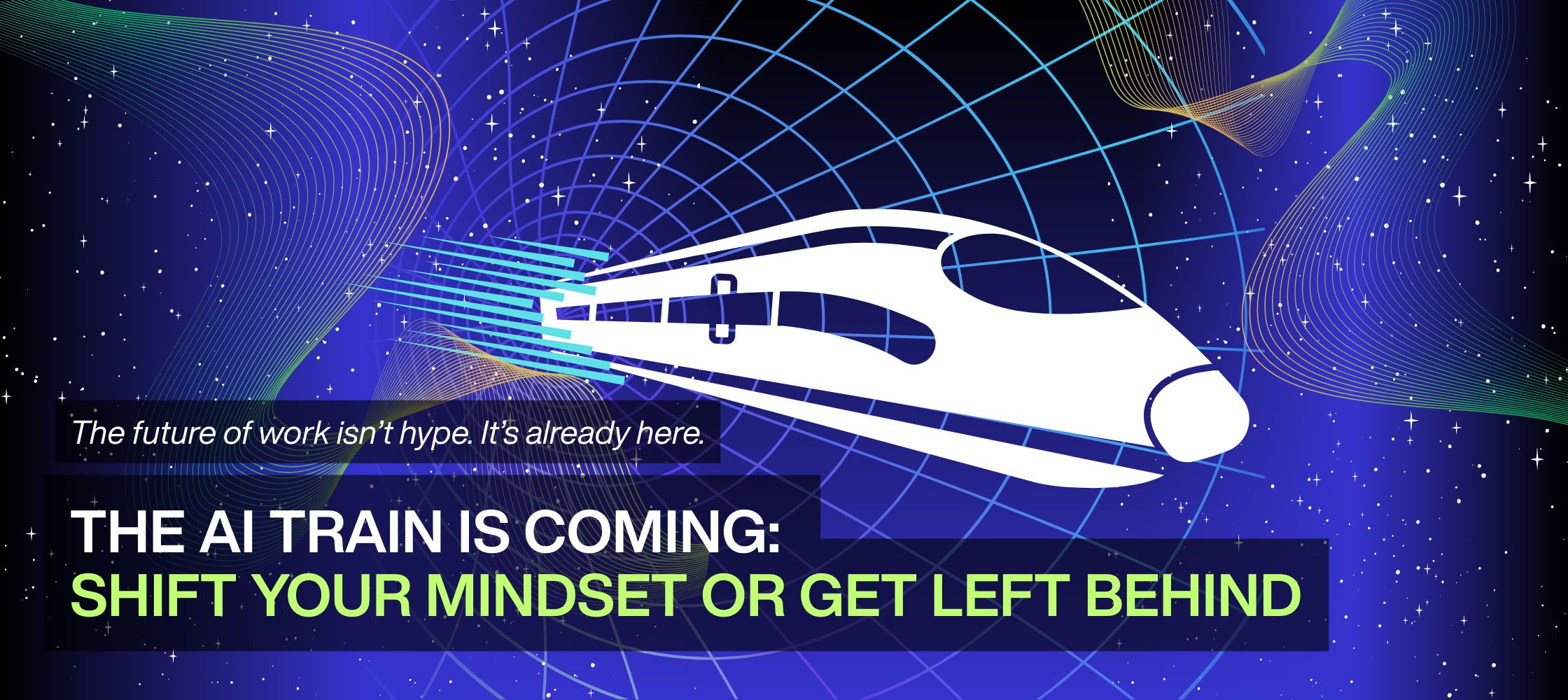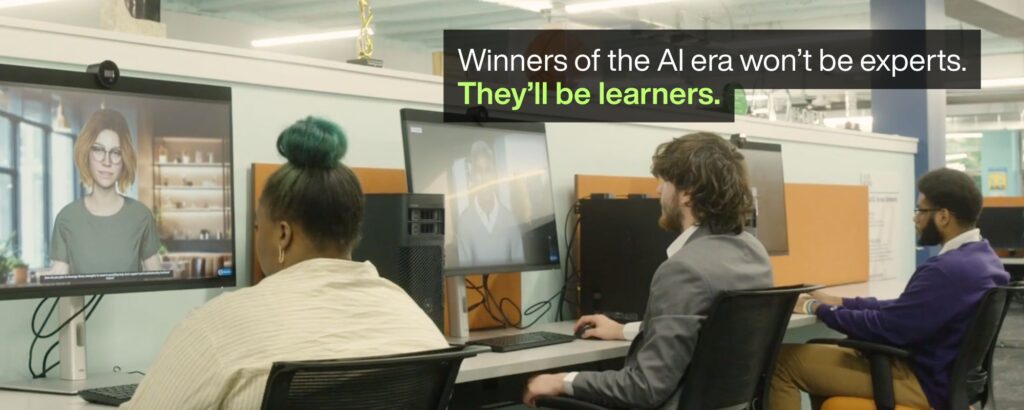
If a contractor showed up to fix your deck with a manual screwdriver, you’d raise an eyebrow. Today, showing up to work without AI is the same thing. The shift is already here.
Imagine you hire someone to fix your deck. They show up, take a look around, and then pull out… a manual screwdriver.
You’d probably pause. Maybe you’d ask, “Why not use a drill?” You wouldn’t be mad—but you’d wonder if they were keeping up with the times. And maybe whether you hired the right person.
That’s what it feels like to show up to work in 2025 without using AI.
We’re not saying you need to be an expert prompt engineer or build neural networks in your spare time. But in a world where AI can summarize research in seconds, write first drafts, analyze patterns, and automate repetitive tasks—choosing not to use it is the modern equivalent of working with hand tools while the rest of the world is on power tools.
Every major shift in human productivity—electricity, the internet, the smartphone—changed how people worked. But AI is different for two reasons:
According to the World Economic Forum, over 40% of workers globally will see their skills disrupted in just the next three years. And yet, Microsoft reports that over 80% of people haven’t used AI in their day-to-day job.
That’s a staggering mismatch. The tools exist. The transformation is underway. But most people haven’t taken the first step.
In The Matrix, Agent Smith tells Neo: “You hear that, Mr. Anderson? That is the sound of inevitability.”
AI is no longer a theoretical future. It's a present-day force that is reshaping how decisions are made, work is executed, and value is created. Every industry—education, healthcare, logistics, marketing, construction—is being touched.
You can ignore it for a while. But the momentum is unmistakable.

This isn’t about becoming a coder or replacing your entire workflow with a chatbot. It’s about choosing to evolve. Choosing to explore. Choosing to try.
The winners of the AI era won’t be the ones who know everything—they’ll be the ones who are open to learning. Who treat AI as a tool to experiment with, rather than a threat to hide from.
It’s not that AI will take your job. It’s that someone using AI will.
Here’s how to start:
If not—this is your moment.
The AI train is pulling out of the station. You can jump on, learn, adapt, and discover new opportunities. Or you can watch it pass by.
At AI Master Labs, we don’t just talk about the future of work—we build it. Sprint by sprint, venture by venture, we’re helping early-stage teams and communities unlock the potential of AI from day one.
This blog is brought to you by AI Master Labs, where we help early-stage ventures and communities build AI-native solutions that matter.
You don’t need to become a coder—you just need to be curious. AI is the screwdriver of tomorrow. Pick it up. Use it. Or risk being outbuilt.